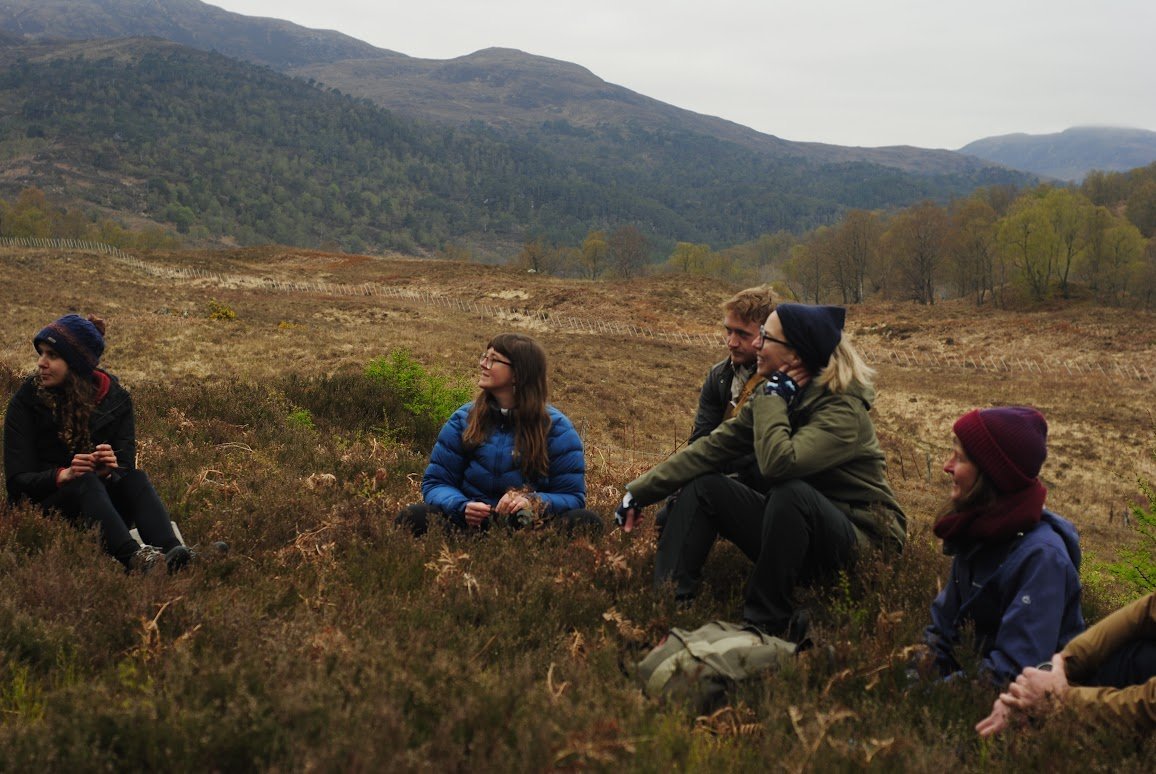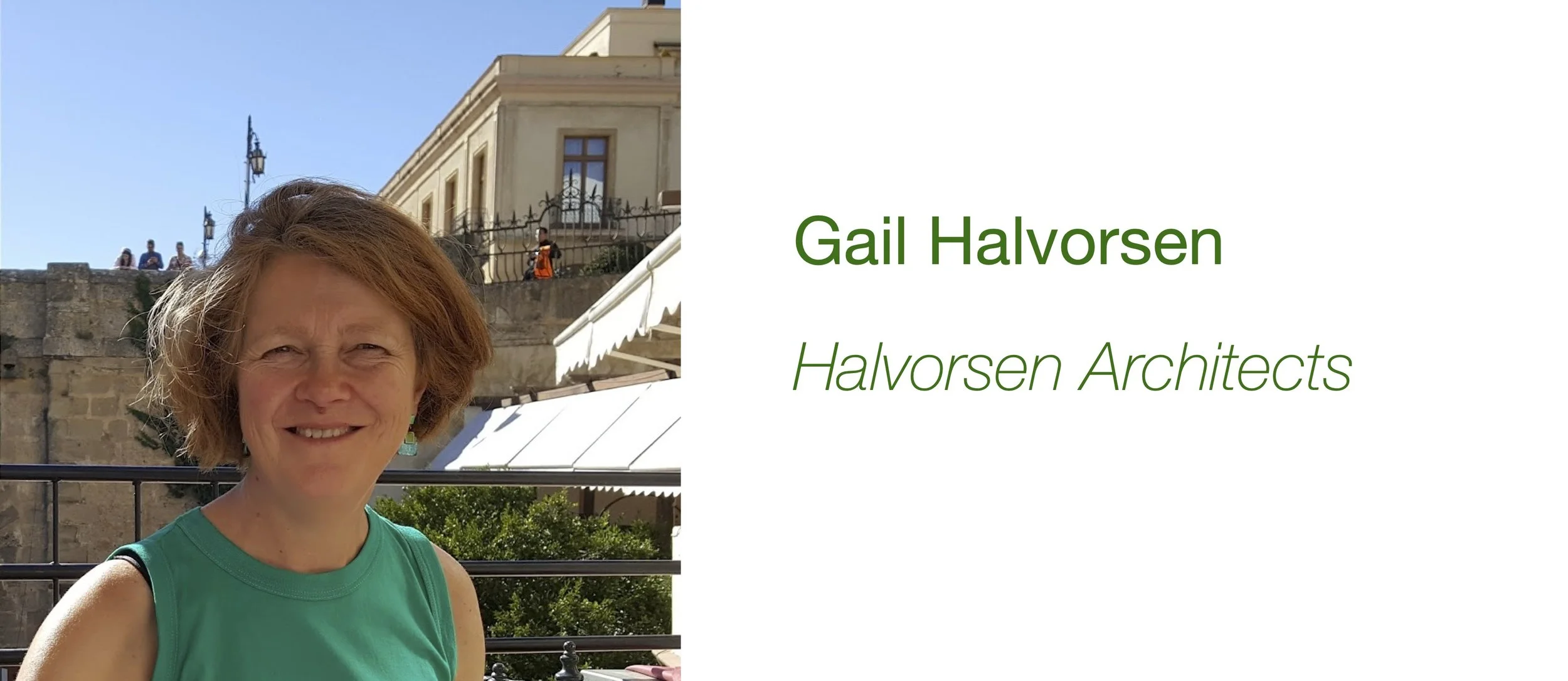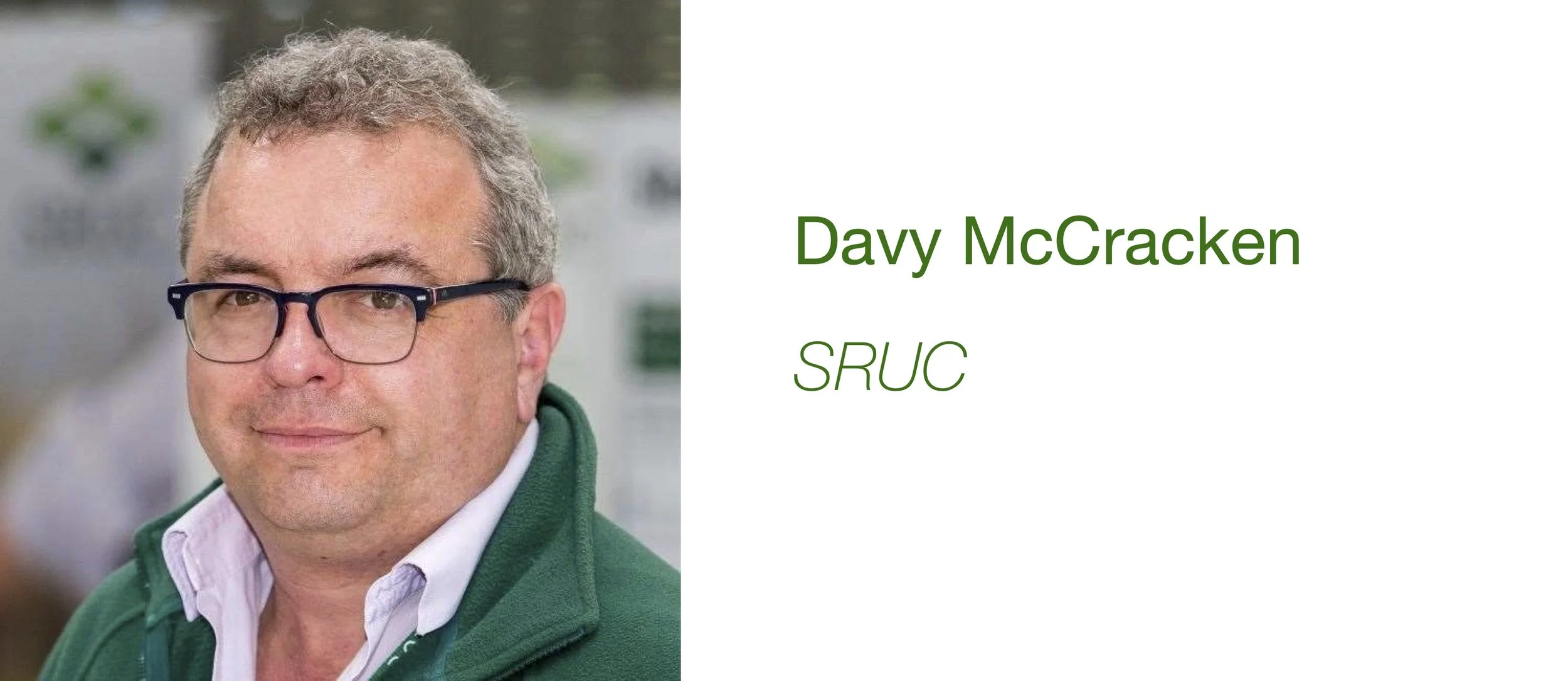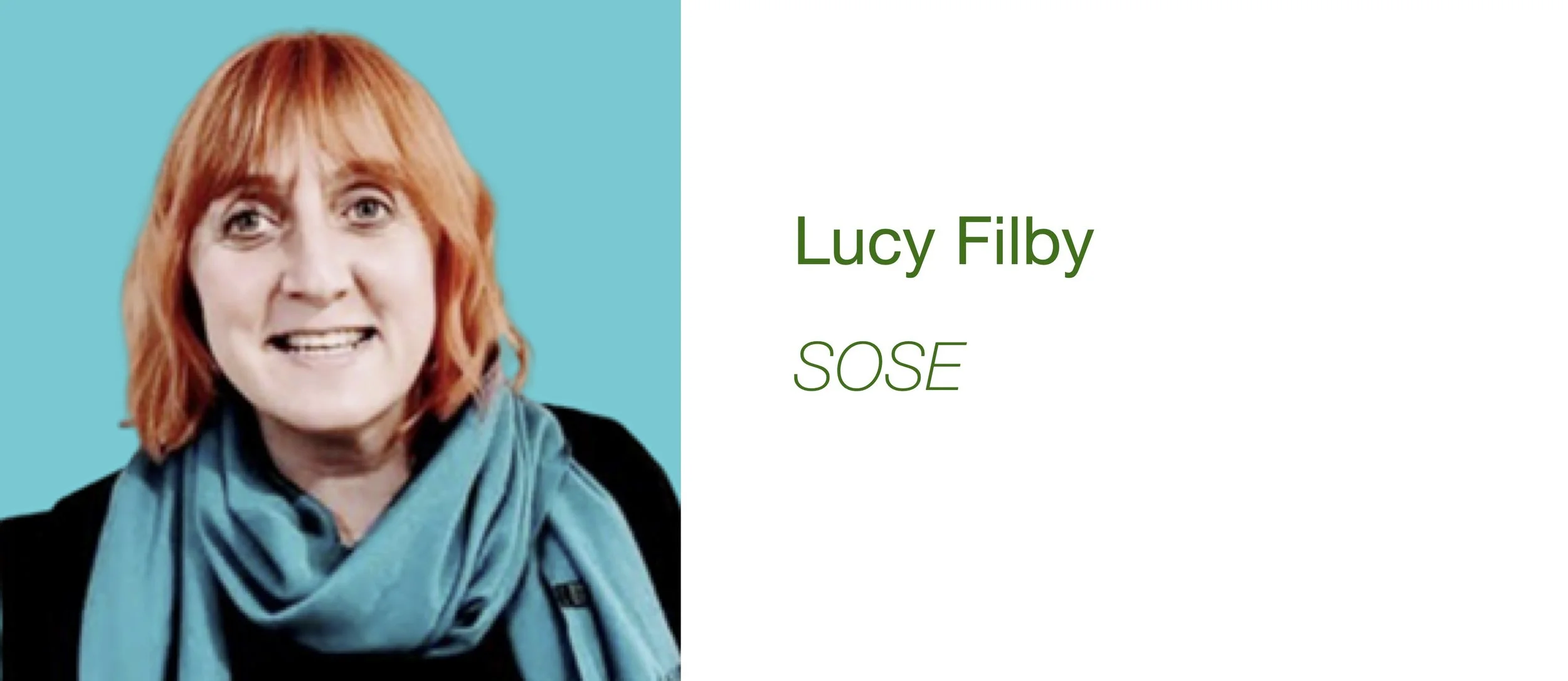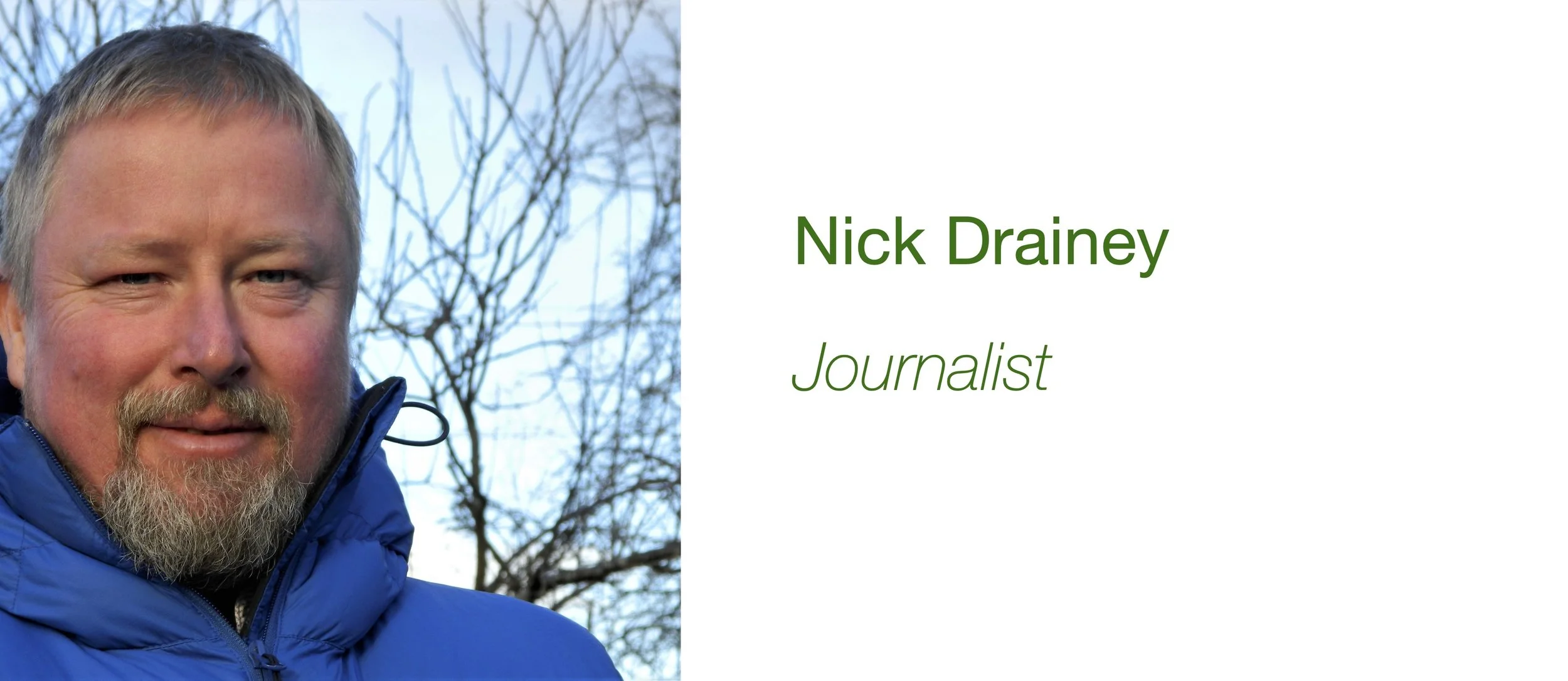ABOUT SEDA LAND
VISION STATEMENT
SEDA Land is a unique, cross-sectoral forum for the discussion, formulation and promotion of ideas that will improve land use in Scotland to achieve both a healthy ecology and dynamic social economy. Its strength lies in the experiences of a broad range of stakeholders - including land managers, owners and employees, third sector groups, communities, industries and researchers - working together to meet the challenges of environmental and social change. SEDA Land provides an independent viewpoint, drawing on a large pool of knowledge to make the case for better land use, especially in, but not limited to, rural areas.
The aims of SEDA Land are:
To bring together individuals and groups from different sectors to design and test imaginative solutions for land use that can address the priorities of climate change, food and energy security, biodiversity loss and social issues
To be a source for sharing cross-sectoral knowledge and promoting ideas on the ecological use of Scotland’s land
To broaden awareness of these ideas, and possible solutions, through events, publications and the media
To inform and influence policies around land use in Scotland, with the aim of delivering the changes needed to ensure Scotland’s land works for all who work, live or visit it, as a part of a thriving ecology and economy.
SEDA Land is well-placed to deliver this, rooted in SEDA's impartiality on land use, our track record in changing regulations regarding urban fabric and our familiarity with multidisciplinary approaches. We are used to dealing with complex issues involving many disciplines in an imaginative way. We see these skills as being transferable to the land sector and, with the help of experts in the field, as capable of finding and proposing innovative solutions for the use of Scotland’s land.

